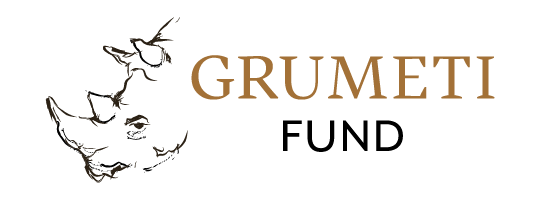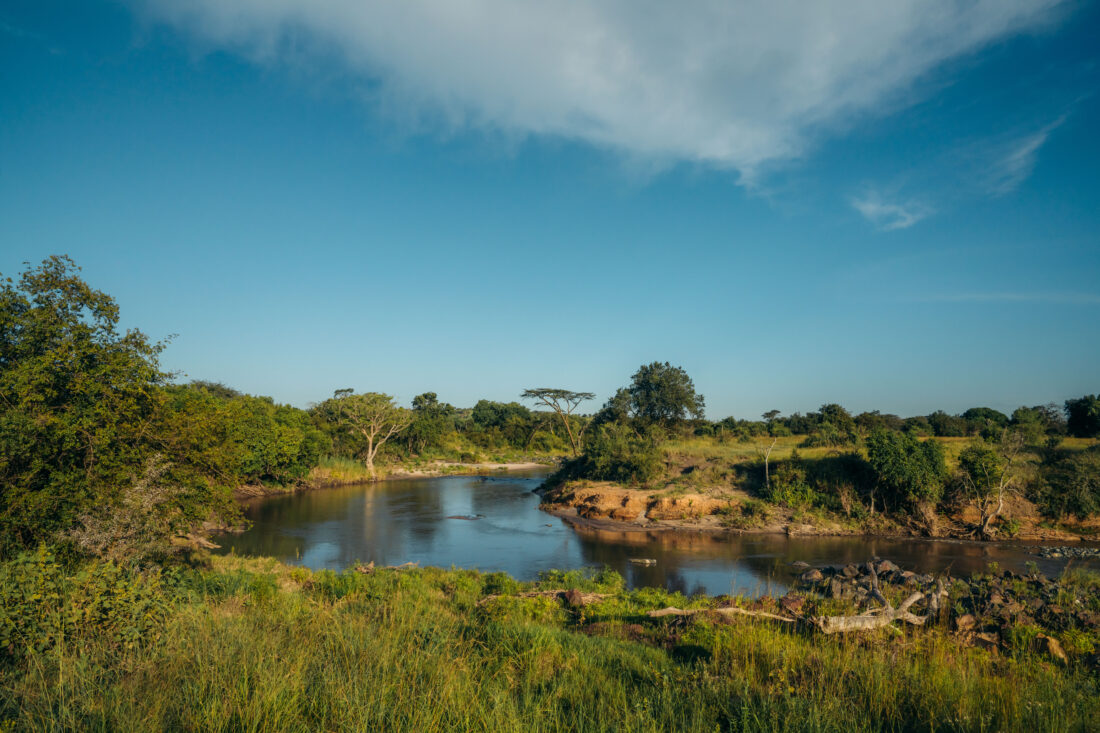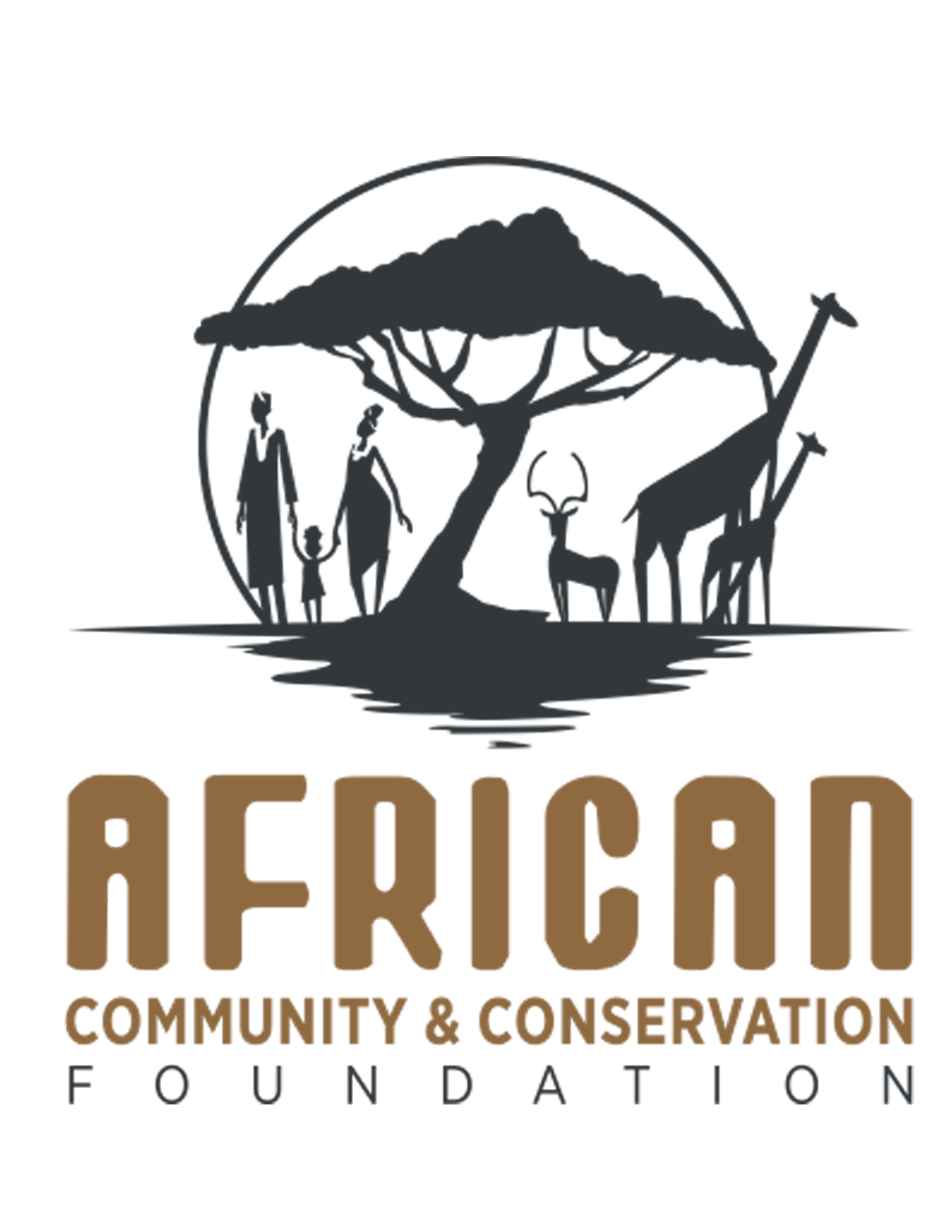From the Serengeti to Lake Victoria and Beyond: Why Conserving Rivers is Vital for Wildlife and Communities
Some of the most powerful forces shaping our planet are also the least visible—like the rivers that sustain entire ecosystems. While the Serengeti’s vast savannas and roaming herds capture the world’s imagination, the true foundation of this ecosystem flows beneath them—its rivers. These waterways don’t just sustain life; they dictate migration patterns, nourish vegetation, and support human communities. Without healthy rivers, conservation efforts disintegrate.
Two rivers – the Grumeti and Rubana – cut through our 350,000-acre Ikorongo–Grumeti concession area in the western Serengeti, silently sustaining life. As they wind through the landscape, they eventually merge and drain into Lake Victoria, the world’s second-largest freshwater lake, extending their impact far beyond the Serengeti. However, these rivers face increasing threats from pollution, human activities, and habitat destruction. If we fail to protect them, the ripple effects will be felt across ecosystems, wildlife, and human livelihoods.
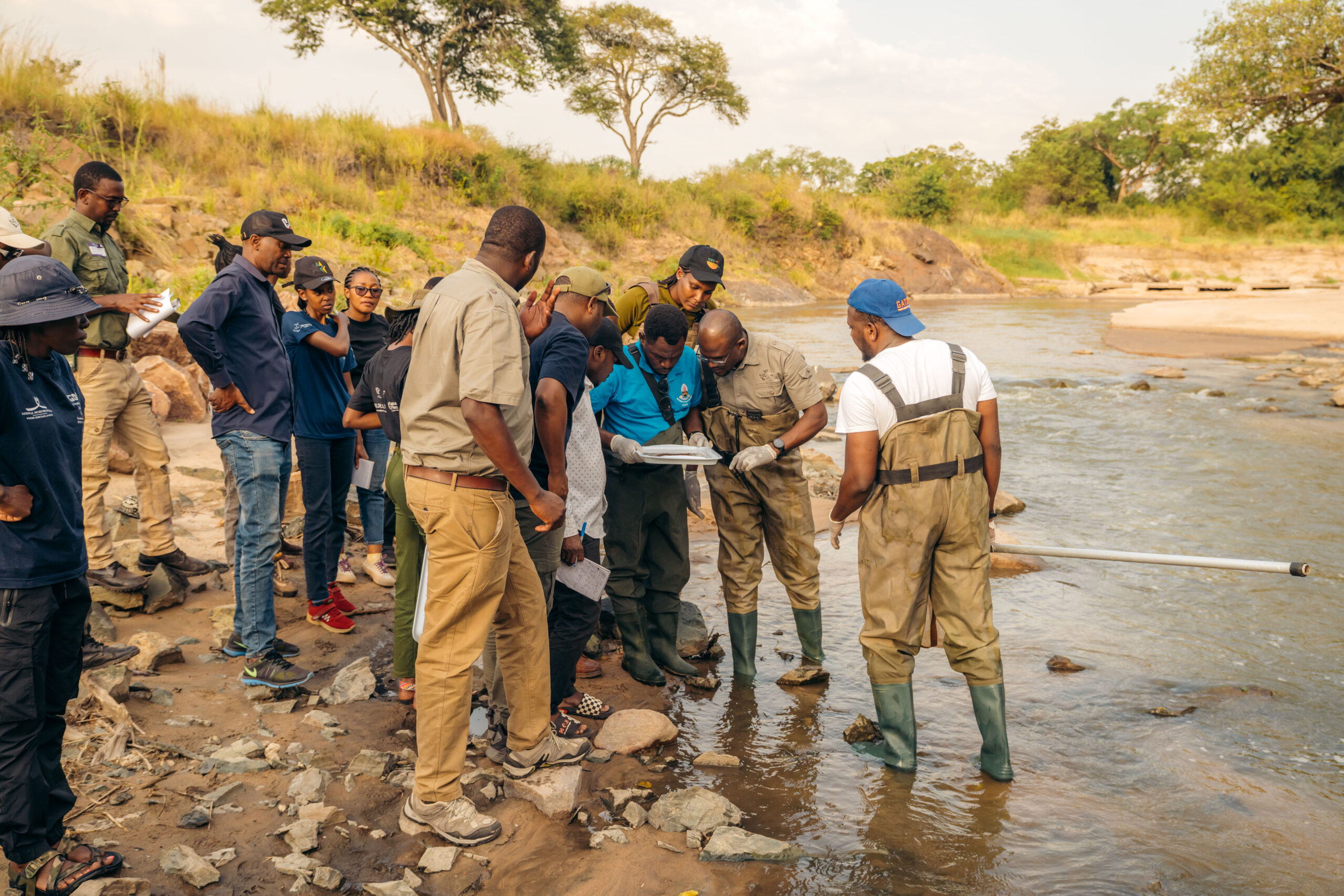
Participants actively sampling and identifying aquatic macroinvertebrates in the Grumeti River to assess water quality.
Recognizing this urgent need, RISE and our Research and Monitoring Department have launched a critical initiative to monitor and protect these freshwater ecosystems. By understanding the health of our rivers, we can take proactive conservation measures to ensure their survival.
To strengthen our conservation efforts, Joshua Benjamin, a PhD student in Zoology from the University of Florida, joined us along with top experts to lead an intensive six-day freshwater ecosystem training workshop between the 24th of February and 2nd of March. Prof. Charles Mwithali M’erimba from Egerton University in Kenya, Laban Njoroge, and Dr. Lulu Kaaya from the University of Dodoma worked with us to equip Tanzanian researchers, conservationists, and graduate students with essential skills to assess water quality using bioindicators – organisms that reveal water quality. By training specialists in these cost-effective techniques, we empower communities to become stewards of their own water sources.
This challenge is not only in Africa – but freshwater ecosystems worldwide are also under threat. In the United States, rivers like the Mississippi and Colorado face threats from pollution, overuse, and habitat destruction. Across the globe, water quality is deteriorating due to industrial waste, deforestation, and climate change. The need for action is urgent, no matter where we live.
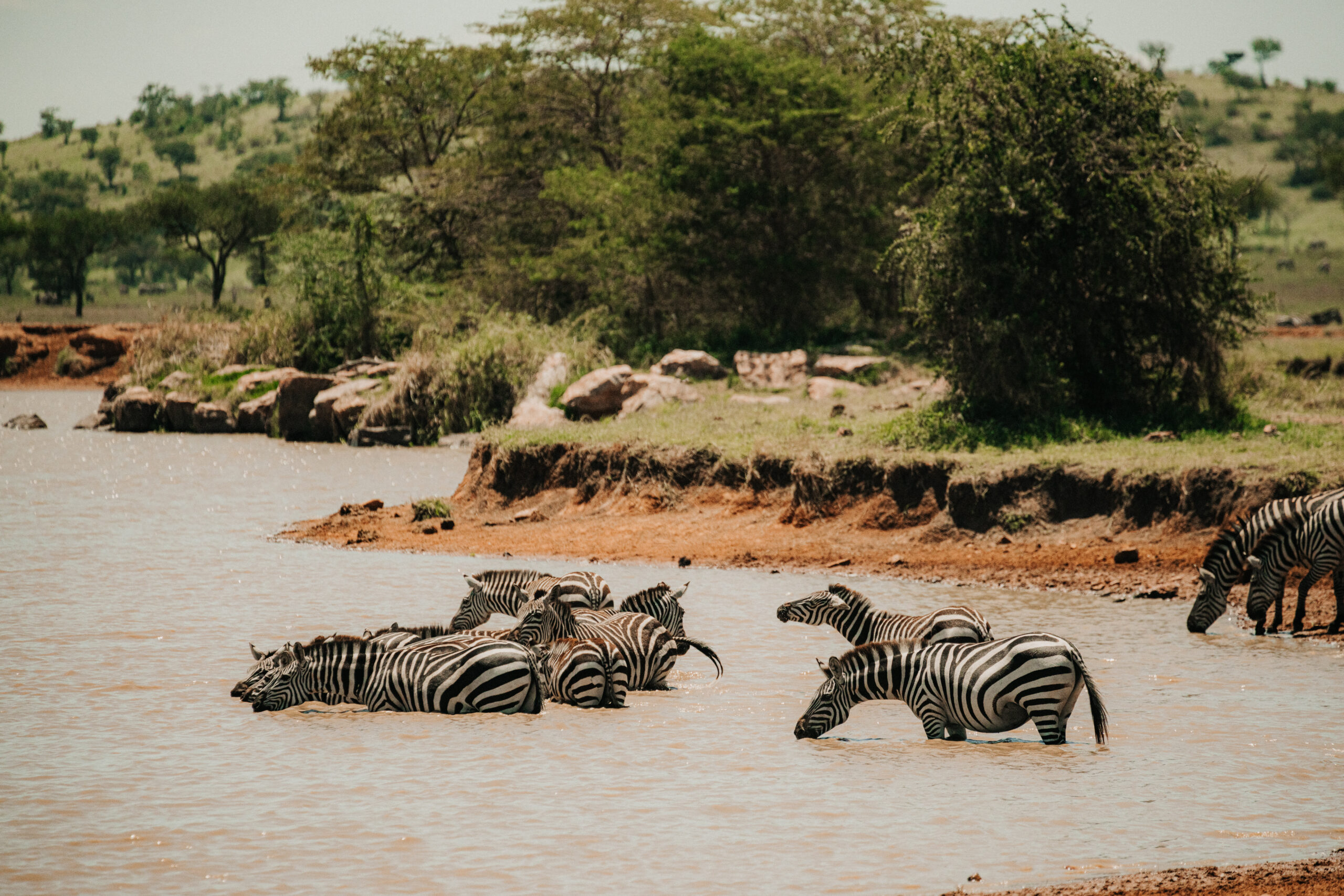
Our Research and Monitoring team, in collaboration with RISE, is taking a major step toward long-term freshwater conservation. By using aquatic macroinvertebrates to assess water quality, we can track changes over time, providing crucial insights to guide our conservation efforts. To make this work as effective as possible, we need the right monitoring tools. A Steelhead Water Assessment Logger will allow us to monitor key river systems with precision, collecting real-time data that informs conservation strategies.
You can be part of this mission by helping us acquire this vital tool and make a lasting impact on river conservation. We are needing to secure $14,000 to fund this project. If interested, please click here to donate and protect these waterways for generations to come!
